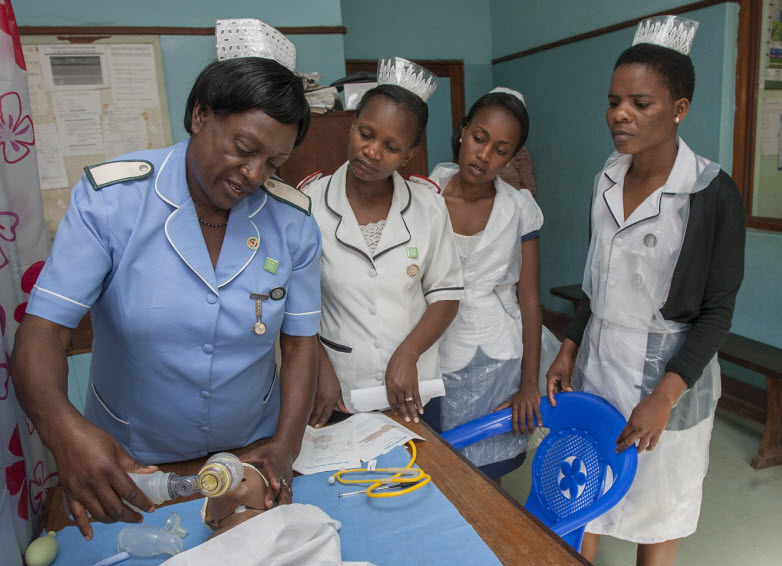5 principles for organizing private health providers

In a new publication, SHOPS Plus examines six diverse countries that have successfully organized private providers to identify lessons on strengthening their voice, improving quality of care, and expanding their access to revenue opportunities. Organizing the Private Sector to Support Universal Health Coverage Goals provides examples from Brazil, Germany, Indonesia, Japan, Philippines, and South Africa.
Five principles for organizing the private sector emerge from the country cases:
1. Identify and leverage the right motivations and incentives.
2. Strong, local leadership is a key to continued success.
3. Target the membership base appropriately.
4. Determine organizing strategies based on end goals.
5. Monitor, learn, and adapt.
As different stakeholders look to further public-private engagement in the health sector, the examples in this publication offer some insights as how to private providers can organize themselves to be better, more effective partners in the health system."
—Sean Callahan, private sector specialist on SHOPS Plus and lead author of the publication.
In many countries, the private health sector is fragmented, making it difficult for providers to engage with one another, the public sector, and donors. Efforts to organize the private sector can benefit from past experience with private health care providers.
There are enormous opportunities for increased private sector engagement as country governments and donors invest more resources into their health systems in pursuit of goals related to universal health coverage, UNAIDS 90-90-90, or Family Planning 2020. By organizing into strong associations, networks, and franchises, private providers can advocate for their inclusion in these initiatives, which will help reach national public health goals.